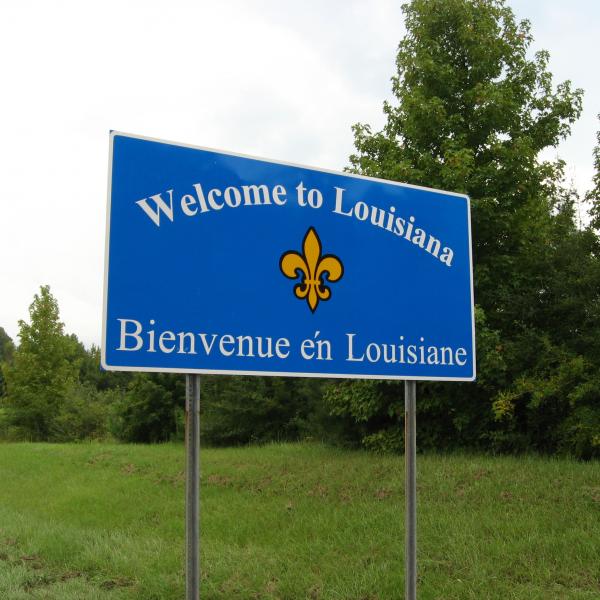"Barney was white, the first of many whites to help us in our struggle to succeed. See, our idea was to win, to make hit records while controlling production and sales. That meant we'd need the expertise of people more experienced that us. Our specialty was black music-that's what we knew, that's who we were-but that didn't mean we didn't want to the help of everyone. In the early sixties, America was fighting the notion of segregation, and so were we. We wanted and needed an integrated company. Made no apologies about it. Still don't."
--Smokey Robinson, Smokey: Inside My Life, page 99
In this passage Smokey is addressing the critique that he and other artists in Motown had "sold out", a critique many black artists were charged with during the time span of this seminar. Miles Davis was accused of selling out to the rock crowd; Sammy Davis Jr., Chubby Checker, Smokey Robinson, The Supremes, Berry Gordy, the list of artists that have been accused of this could continue on and on. In the portion of his book quoted above, Smokey is incredibly upfront and forward on his reaction to these charges. As he bluntly states, he makes no apologies. This connects, as many have previously mentioned in their blog posts, to Professor Early's original question of "What is black music?" As seen above, though accused of selling out, Smokey considers the music he created to be black music.
 Reading and listening to this critique has for me begun a thought process on the nature of popular music in general and specifically Motown. I grew up on Motown music and still listen to it today. And I have to admit, in reading this I felt defensive that my favorite artists-those I consider some of the best to ever perform music-were accused. And yet I have to juxtapose my own love and personal nostalgia for this music with the critique of others that these artists have "sold out". It has brought a great deal of thought and personal reflection on the question posed early in the seminar by Professor Early of why people are attracted to certain types of music and the commercialization of music for a wide audience. Does commercialization equal bad music?
Reading and listening to this critique has for me begun a thought process on the nature of popular music in general and specifically Motown. I grew up on Motown music and still listen to it today. And I have to admit, in reading this I felt defensive that my favorite artists-those I consider some of the best to ever perform music-were accused. And yet I have to juxtapose my own love and personal nostalgia for this music with the critique of others that these artists have "sold out". It has brought a great deal of thought and personal reflection on the question posed early in the seminar by Professor Early of why people are attracted to certain types of music and the commercialization of music for a wide audience. Does commercialization equal bad music?
I think this is an interesting philosophical question and topic to pose to students in the classroom: Is commercialization selling out or smart business? Is commercialized music bad music? Why do certain people like certain types of music? How does that reflect culture and the time period?
As far as application to my classroom, since thinking about this I've thought about my own integration of Motown music in my classroom. Usually when I play Motown, a number of my black students are excited and remark how much they love the song or artist. But now I wonder how many of them are sitting silently wondering why I'm playing "sell out" music.
-Kelsey Snyder



